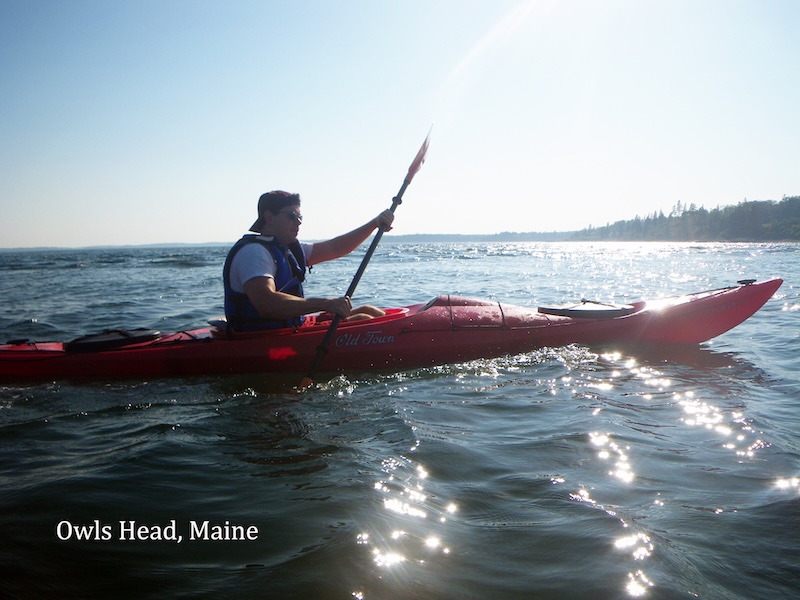About
Approach to Research (including controversial communities and people)
As a graduate student in environmental history I became interested in why the Religious Right were anti-environmentalists, which led to my book, The Nature of the Religious Right (Cornell University Press, 2022). It is the first history explaining how white conservative evangelicals who make up the religious right movement evolved from surprisingly supporting eco-friendly stewardship of nature in the late 1960s to turning to opposition of environmental protection efforts in the early 1990’s.
This past spring, a Yale University graduate student interviewed me about The Nature of the Religious Right, which had been assigned as course reading. One of her final questions reflected a fellow student’s comment as to why anyone should care about or even talk to “these” anti-environmentalist religious right supporters. I agreed that the comment was valid and quite understandable. The white conservative evangelicals, who make up the religious right movement, are extremely offensive to a great number of people, but they nevertheless are an important political and voting demographic in America. We can indeed ignore them, but that choice fails to cancel out their social, cultural and political impact, including when it comes to our democracy’s environmental decisions.
It was never my intention to encourage readers to agree with white conservative evangelicals, but instead provide a deeper understanding of their culture and past, which defines how they view the world today. This approach offers an opportunity for building bridges of communication to attain mutually beneficial solutions to important environmental issues such as anthropogenic climate change. This foundational objective of finding a deeper understanding, or in other words a community’s “cultural pulse,” remains the primary goal of my research.
New Research
My next scholarly project will explore the history of one of the worst air-pollution problems in the United States, which is found in Fairbanks, Alaska. Somewhat uniquely, the problem does not stem from industrial factories, but rather as smoke from wood-burning stoves that private residents use for heat during the long winters. Unlike climate change that some dismiss because it seems “out there,” no one denies that it is home wood-burning stoves causing the stagnant low-hanging clouds of smoke people perennially breathe while citizens are well aware that the problem dramatically increases health risks for themselves and their neighbors. This decades-old situation raises central environmental justice issues connected with individualism, community, health, economics and morality. As an environmental historian living in Fairbanks (and someone who also has asthma), I look forward to begin research on the history of this fascinating and serious local topic that should provide further insight into how people think about and understand their relationship towards larger issues like anthropogenic climate change.
If you truly want to understand the present or yourself, you must begin in the past. You see history is not simply the study of the past, it is an explanation of the present.
-Paul Hunham, The Holdovers (2023)
Education
Ph.D., History, Texas A&M University, College Station, TX. 2016
M.A. History, North Dakota State University, Fargo, ND. 2010
Cert., (Ed.) Education, University of Massachusetts, Amherst, MA 2005
B.A. (with Honors), St. Andrews University, United Kingdom. 2003
High school, Smith Academy, Hatfield, MA. 1998
Influenced Early on By America’s National Parks
Growing up in a forested area of New England my family took summer trips camping at National Parks. These experiences were enriched with a variety of inspiring ranger talks, which led me to develop a love for the outdoors and ultimately become an environmental historian.
U.S. National Parks Visited to Date: Yellowstone, Grand Canyon, Petrified Forest, Saguaro, Mesa Verde, Everglades, Carlsbad Caverns, Theodore Roosevelt, Badlands, Wind Cave, Arches, Bryce Canyon, Canyonlands, Zion, Acadia, Dry Tortugas, Denali, Mark Twain National Forest, Canyon de Chelly National Monument, Meteor Crater, Ozark National Scenic Riverways.
Other Interests
Hiking, canoeing, surfing, sailing, music
Neall on drums playing “Wayfaring Stranger”